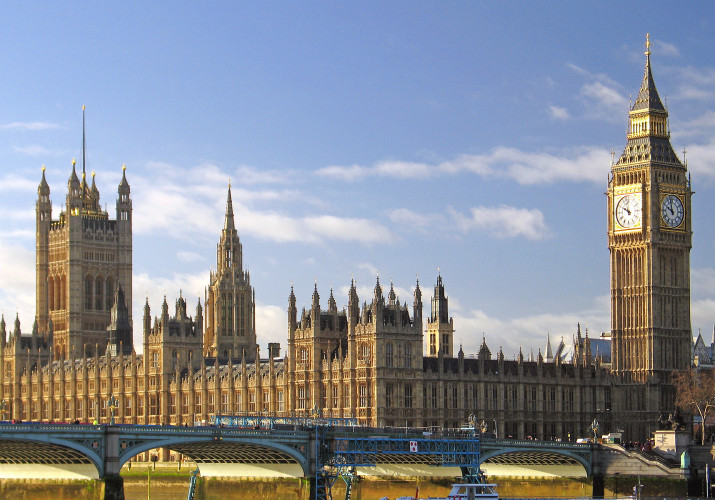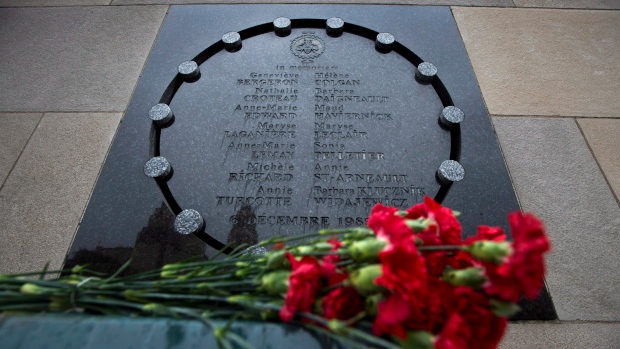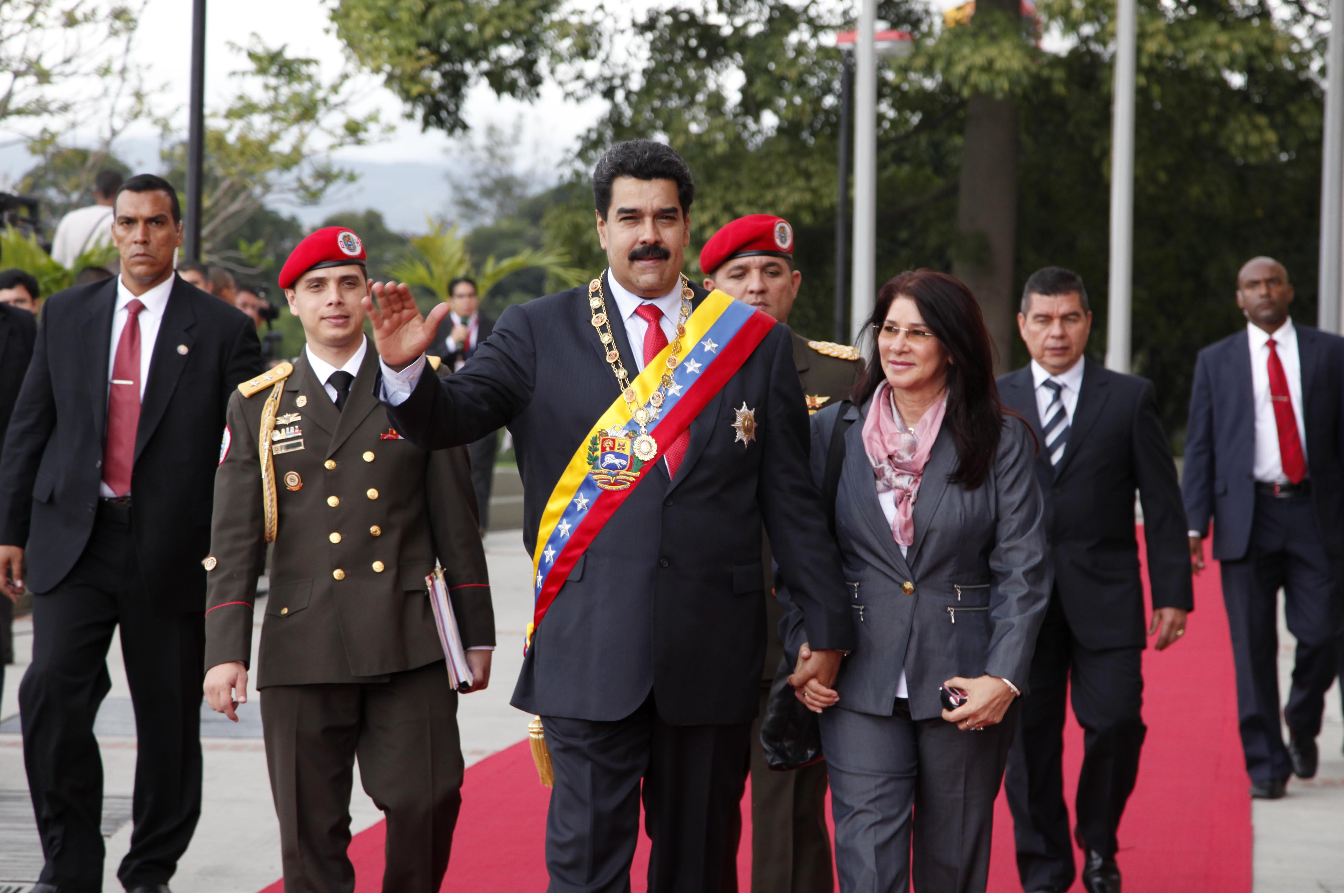Immigration is arguably the most controversial political topic in Britain these days. Roughly 190,000 migrants arrive in the UK every year, and if current trends continue the national population will increase by seven million in the next 20 years. The influx of migrants has fueled a debate around what has become known as the UK’s “population crisis.”
In a major speech last week Prime Minister David Cameron addressed the issue and said his Conservative government has the country’s immigration situation under control. His government has faced intense criticism amid news that immigration rates have increased despite Cameron’s election promise to toughen up on border protection. In his speech the Prime Minister laid out the Conservative’s plan to combat illegal, economically draining immigration.

Cameron highlighted the most problematic areas of the immigration system. At the top of the list was student visas. Last year 303,000 visas were issued for overseas study in the UK and 32,000 visas were issued to the dependents of students. A significant number of the institutions where students claimed to be studying proved to be bogus, and a study showed that only 25% of every 231 dependent visa applications was genuine. The dilemma Cameron faces is that international student tuition fees generate a significant amount of funding for post-secondary institutions. Cameron plans to cut down on dependent visas and he claims that by doing so he will reduce the number of migrants by 80,000 a year.
Another key immigration area the Prime Minister discussed was spousal visas. Cameron explained that the UK Border Services Agency has been actively combating the enormous number of visa applications that are based on sham relationships and what appear to be forced marriages. Cameron denounced claims that immigration reforms designed to delegitimize arranged marriages were culturally insensitive, stating that these marriages were “wrong, full stop, and we’ve got to stamp it out.” Cameron’s speech aside, the immigration crisis has forced him to reconsider Britain’s role in the European Union. Cameron has entered negotiations with the EU in an attempt to cap European migration to the UK. The Prime Minister is seeking seven major concessions from the EU, most of which represent attempts to keep European migrants out of the British welfare system and limit access to the British job market.
In other words, before they even step foot on British soil, visa applicants will have to show that their connections and resources within the UK are stronger than anywhere else in the world.
However, for many Brits Cameron’s proposed reforms do not go far enough. The Conservatives are bleeding support to Nigel Farage, leader of the United Kingdom Independence Party. UKIP is a relatively young, right-wing political party whose main platforms are immigration control and pulling Britain out of the EU. If elected, UKIP would put strict controls on immigration and halt the free-flow of migrants from Europe. UKIP argues that before arriving, all immigrants should have a job offer, accommodation in place, private health insurance and speak fluent English. Additionally, the party would limit spousal migration by bringing back the “primary purpose rule” which dictates that married couples must prove that their primary purpose for migration is not to obtain British residence. In other words, before they even step foot on British soil, visa applicants will have to show that their connections and resources within the UK are stronger than anywhere else in the world.
UKIP has garnered significant support in conservative rural communities and the party recently won a pair of by-elections. Mr. Farage has led the political opposition to Cameron’s immigration policies, and he has undoubtedly shaped the Prime Minister’s new tough attitude toward abusers of the system.Complaints of “social tensions” created by the wave of migrants have fueled the civil discourse. Though it is tempting to dismiss issues related to “social tension” as racism, the topic has become a cornerstone of the immigration debate. UKIP has thrived amid public fears about the loss of British identity and culture. In his attempt to win over UKIP voters, Cameron addressed the threat immigration poses to the quaintness of British life, stating that “real communities are bound by common experiences…forged by friendship and conversation…knitted together by all the rituals of the neighbourhood, from the school run to the chat down the pub. And these bonds can take time. So, real integration takes time.”
The immigration issue is not going to disappear in Britain any time soon. With an election looming next spring, it is likely Cameron, and his party, will continue to come under pressure to get the borders under control. In the meantime, anyone who has ever considered relocating to London should get a move on before Mr. Farage gets his way and it is too late.



